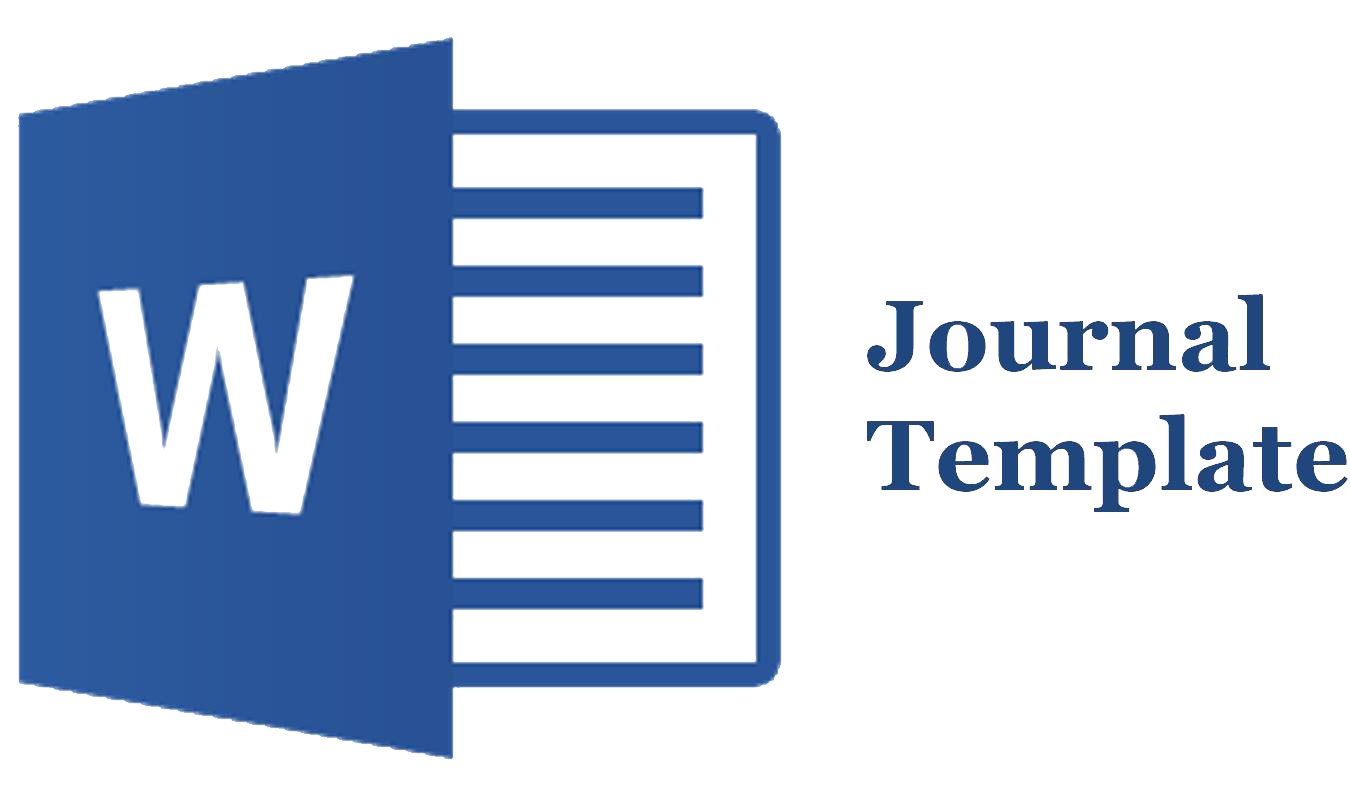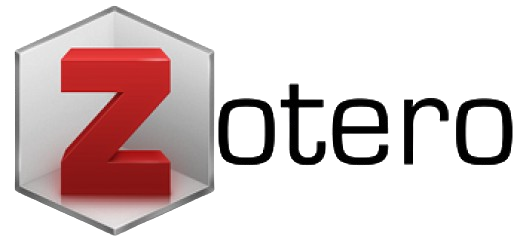Perceptions of Voters with Disabilities toward the Role of the KPU Ad Hoc Bodies in the 2019 Election in Muna Regency
Abstract
This study aims to describe the perceptions of voters with disabilities regarding the performance of the KPU’s ad hoc body during the 2019 General Election in Muna Regency. The research employed a qualitative descriptive approach, with data collected through observation, interviews, and document review. The data were analyzed qualitatively through stages of fact identification, verification, validation, interpretation, and in-depth analysis. The findings indicate that the KPU’s ad hoc body in Muna Regency has not yet fully carried out its duties effectively. This is reflected in the limited access of voters with disabilities to election outreach activities, largely due to the lack of special attention given to their needs. Political education and socialization efforts have not been evenly distributed, suggesting that the ad hoc body still lacks a comprehensive understanding of its institutional responsibilities. Voters with disabilities expect the KPU to improve its performance, particularly by providing accessible facilities and infrastructure that would reduce the risk of abstention among disabled voters.
Keywords:
Ad Hoc Agency, Disability, Election, PerceptionDownloads
References
How to Cite
Published
Issue
Section
License
Copyright (c) 2024 Delawahyuni Delawahyuni

This work is licensed under a Creative Commons Attribution-NonCommercial-ShareAlike 4.0 International License.
- Authors retain copyright and grant the journal right of first publication with the work simultaneously licensed under a Creative Commons Atribusi-Non Commercial-Share Alike (CC BY-NC-SA).
- Authors are able to enter into separate, additional contractual arrangements for the non-exclusive distribution of the journal's published version of the work (e.g., post it to an institutional repository or publish it in a book), with an acknowledgement of its initial publication in this journal.
- Every publication (printed/electronic) are open access for educational purposes, research, and library. Other than the aims mentioned above, the editorial board is not responsible for copyright violation.













